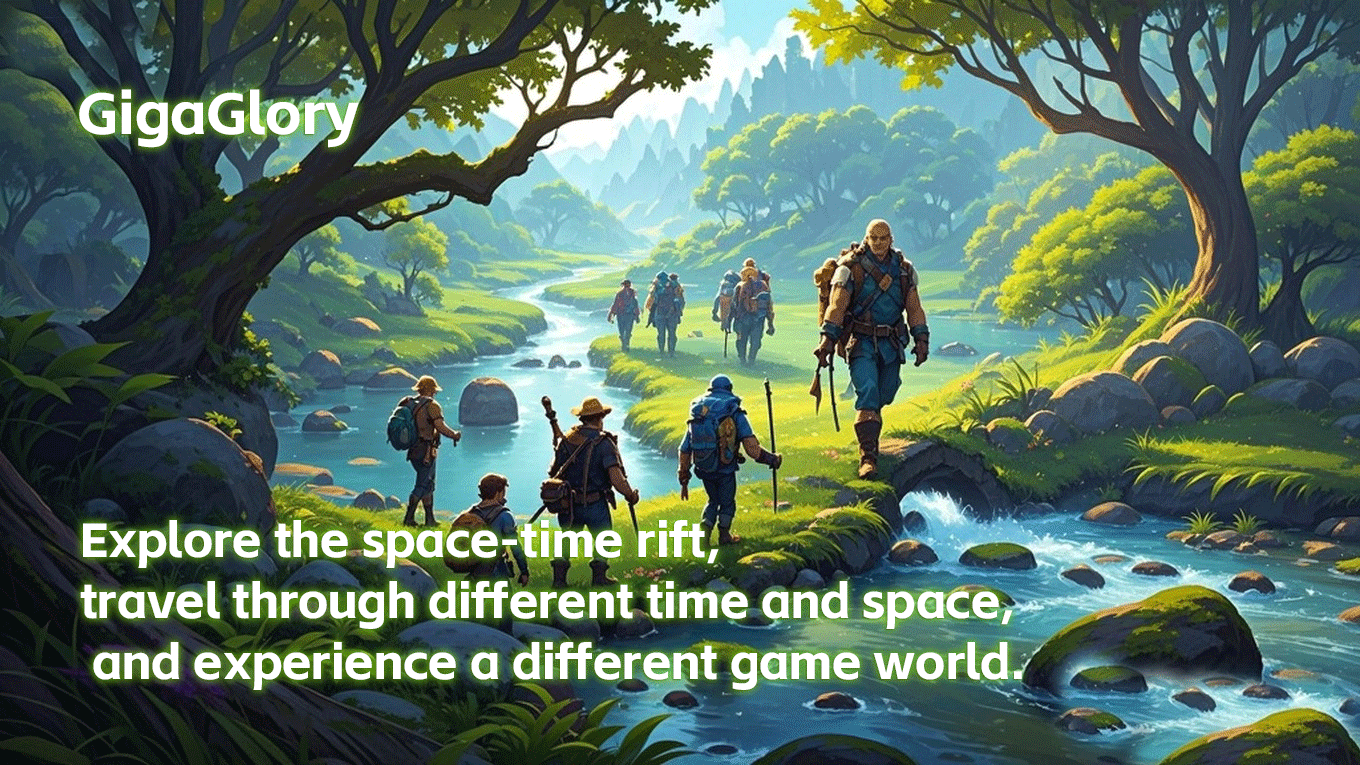Building Games vs. Business Simulation Games: Which Enhances Your Strategic Skills Better?
In the world of gaming, there’s a debate that never seems to settle: do building games or business simulation games offer more when it comes to enhancing strategic skills? With the rise of interactive and engaging gaming experiences, understanding the differences can greatly aid players in deciding which genre suits them better. Let’s dive into the essentials and discover the nuances between these two popular types of games.
What Are Building Games?
Building games are immersive worlds where players engage in creating structures, managing resources, and developing virtual habitats. These games are not just about construction; they demand creativity and tactical planning. Examples include titles like Minecraft and SimCity, which allow you to express your architectural dreams while navigating complexities in game mechanics.
What Are Business Simulation Games?
On the flip side, business simulation games allow players to take on the role of an entrepreneur or a manager. These games focus heavily on strategy, resource allocation, and economic growth. Games like RollerCoaster Tycoon or Capitalism II are prime examples. Players must develop their businesses, handle competition, and manage internal operations—all while making strategic decisions to thrive in a virtual marketplace.
Key Differences Between the Genres
- Focus: Building games emphasize creativity; business simulations focus on economic strategy.
- Gameplay Dynamics: Resource gathering in building games versus profit maximization in business games.
- Player Objectives: Constructing and exploring versus managing and competing.
Enhancing Strategic Skills: The Argument for Building Games
Building games have a unique way of enhancing your strategic skills, as players often find themselves crafting ingenious plans for their structures. The combination of creativity, planning, and tactical execution hones skills applicable in real-life situations.
Enhancing Strategic Skills: The Argument for Business Simulation Games
In contrast, business simulation games require players to think critically about market dynamics, customer needs, and resource management. These elements train players to make decisions, potentially benefiting their understanding of real business environments.
Comparative Analysis of Skill Enhancement
| Skill Type | Building Games | Business Simulation Games |
|---|---|---|
| Creative Thinking | High | Medium |
| Strategic Planning | Medium | High |
| Resource Management | Medium | High |
| Problem-Solving | High | Medium |
Best Story Games to Play on Xbox
For those looking to blend storytelling with their gameplay, best story games to play on xbox often provide rich narratives combined with strategic elements. Titles like The Witcher 3 and Fallout 4 offer both immersive stories and opportunities for strategic thinking, giving players a dose of both worlds.
The Last War Game Season 2: What to Expect?
The anticipation surrounding the last war game season 2 is palpable. Players are eager to dive back into the tactical world where strategic decisions can turn the tide of battle. This season is expected to combine elements of both building and business simulation, making it a highly awaited experience!
Which Type of Game Is Right for You?
Your choice between building games and business simulation games should reflect your personal interests. If you’re more inclined towards creative expression and exploratory gameplay, then building games might be your niche. On the other hand, if you enjoy the intricacies of management and economic strategy, business simulation games will likely appeal to you.
Feedback from Players
Listening to the gaming community provides insight into the ongoing debate. Many players find inspiration from building games, citing how the freedom to create fuels their imagination. Conversely, others praise business simulation games for teaching valuable lessons in management, critical thinking, and strategy.
The Future of Gaming: Blending Genres
As gaming evolves, we witness a growing trend of genre-blending. The incorporation of building elements in business simulation games, and vice-versa, opens up exciting possibilities. Titles that successfully merge these characteristics can offer players a holistic experience that caters to both strategy and creativity.
Conclusion: Gaming for Growth
In summation, whether one prefers building games or business simulation games depends ultimately on personal taste and desired learning outcomes. Building games tend to enhance creativity and offer a more exploratory experience, while business simulations aim to hone strategic thinking and management skills. No matter which genre you choose, the most important take-away is that both types of games can significantly enrich your strategic capabilities. So, boot up your console, gather resources, or manage your empire—there's a gaming world waiting just for you!



